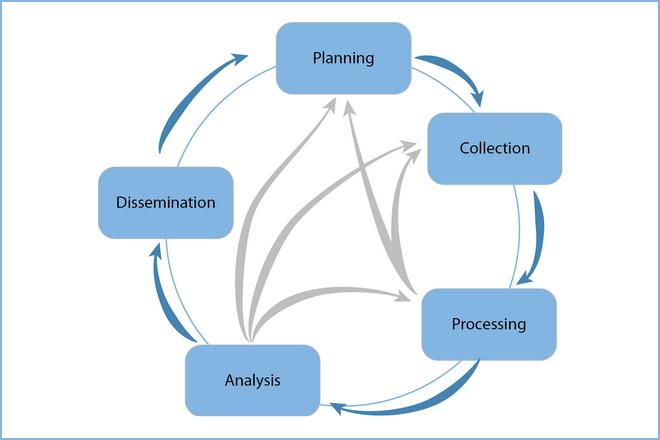Advanced Analytic Methods in Geospatial Intelligence
Resource Description
General James Clapper, former United States Director of National Intelligence and the National Geospatial-Intelligence Agency (NGA), once said "everything happens somewhere." He stressed that there are aspects of time and place to every intelligence problem. In this course, you will examine how time and place work with general intelligence techniques to create geospatial intelligence. You will learn and apply critical thinking skills, structured analytical techniques, and other intelligence methods in a geospatial context. You'll also learn how to reduce personal and organizational bias by conducting an Analysis of Competing Hypotheses, by R. Heuer, a 45-year veteran of the CIA. As a result, you will be better prepared for the world of geospatial intelligence analysis.
Learn moreGeographic Foundations of Geospatial Intelligence

Credit: Group of People Enjoying Music Concert by Leah Kelley is free to use


